Can Linux win netbooks back?
Has Linux just lost the best chance it had to break into the mainstream desktop operating system market?
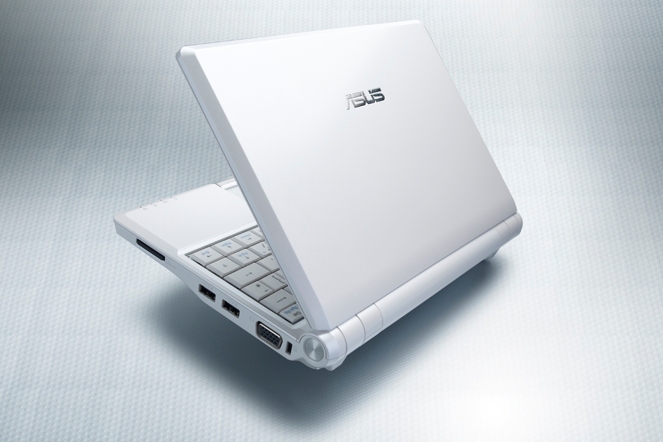
In a world that's seemingly filled with doom and gloom, and stories of failing revenues, pink slips and ever-tightening budgets, the computing industry has found itself something of a salvation. Kick-started by Asus with its Eee PC line, the netbook as we've now come to call it has been a revelation.
These low-powered, compact machines are selling for just a few hundred pounds at most, and yet are providing the kind of e-mailing and office functionality that a core audience has clearly demanded. What's more, these netbooks are doing it without the frills, and most crucially of all, the price tag. Sales of 50 million units are predicted in 2012, and there's a whole lot of growth in the next year or two to get there.
Price
One by-product of the need to get netbooks onto the market with a small price has seen major laptop manufacturers embrace Linux as the operating system they pre-load the machines with.
And it's easy to see why. One of the biggest and most obstinate slices of the cost of a computer remains the price of the Windows operating system. Offer any manufacturer a legitimate way around that and they're likely to be interested. This, surely, was Linux's big chance.
The problem, of course, is that Linux has had many false dawns outside of the server sector for it's there where it continues to prove invaluable and its desktop penetration is less than one per cent of the entire market. That's in spite of the fact that it's free of charge on the whole, and that there are hundreds of variants for people to choose from. Throw in the fact that Linux is far more secure than Windows, and it should be an easy and compelling sales message to get across.
Only it's not quite that simple. For Linux has been hamstrung by a general perception that you need to be quite technically minded to get the most out of it. Many users may scream blue murder at Windows, but it keeps them within the safe confines of a graphical user interface, and there's generally a friend of a friend on the end of the phone to fix it if things go to pot.
Get the ITPro daily newsletter
Sign up today and you will receive a free copy of our Future Focus 2025 report - the leading guidance on AI, cybersecurity and other IT challenges as per 700+ senior executives
Linux, even in its most accessible form, requires a little unlearning of Windows, and even something like Ubuntu generally regarded as the most welcoming Linux distribution occasionally has the need to send you hunting for a command line. That command line alone is likely to have sent people scuttling back to the Microsoft tent. Remove the comfort blanket of familiarity, no matter how flawed it is, and customers start wanting their Windows back, it seems.
That difficulty, combined with the dominance of Windows, means Linux faces a major uphill struggle, free or not. Ironically, the sheer number of choices may also be an Achilles' heel to mainstream take-up, given that people generally don't mind choosing between box A and box B, but give them a warehouse full of them to look at, and they start to panic.
Support
The netbook, therefore, should have marked a turning point, because the crucial difference here was that there was manufacturer support. Granted, we've seen that before from time to time, but here was a machine that was being promoted with Linux installed, and had the comfort of a telephone support line should problems arise, rather than the usual need to hit Google.
Microsoft was late to react, too. When the first Eee PC rolled off the production line, Microsoft was still talking about phasing out Windows XP. The sudden impact of the netbook forced it to delay that still further.
Despite that, consumers were getting a choice for the first time. Walk into a store and instead of being met with wall-to-wall Windows or Mac OS-equipped computers, there were Linux alternatives available off the shelf. The problem? Consumers began rejecting the choice, and Windows quickly regained its lost ground.
-
 Bigger salaries, more burnout: Is the CISO role in crisis?
Bigger salaries, more burnout: Is the CISO role in crisis?In-depth CISOs are more stressed than ever before – but why is this and what can be done?
By Kate O'Flaherty Published
-
 Cheap cyber crime kits can be bought on the dark web for less than $25
Cheap cyber crime kits can be bought on the dark web for less than $25News Research from NordVPN shows phishing kits are now widely available on the dark web and via messaging apps like Telegram, and are often selling for less than $25.
By Emma Woollacott Published
-
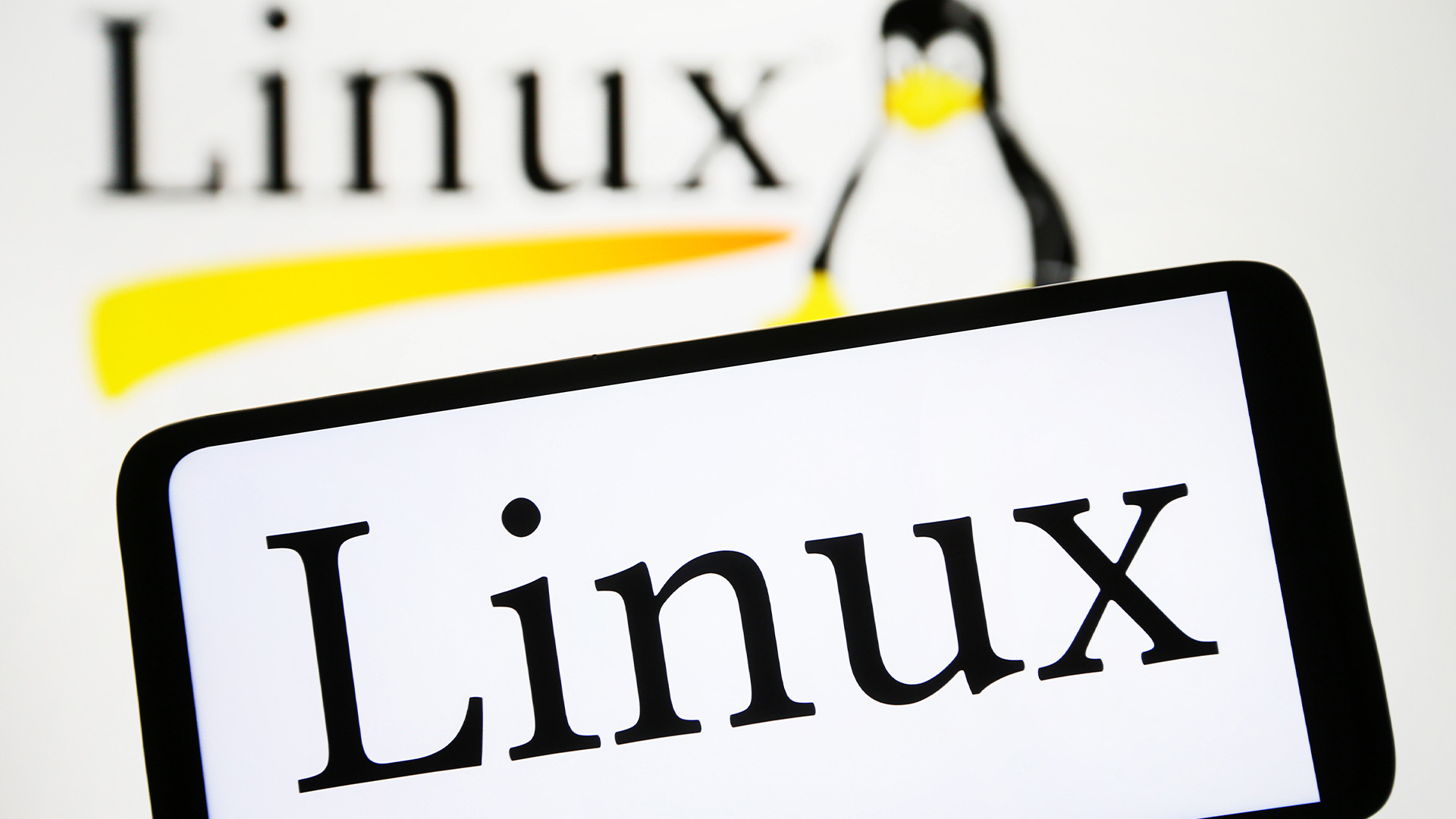 Linux just hit an all-time high share of the global desktop market — and surging popularity in India is driving uptake of the open source operating system
Linux just hit an all-time high share of the global desktop market — and surging popularity in India is driving uptake of the open source operating systemNews Linux is still dwarfed by operating systems such as Windows, but it’s making modest gains off the back of growing popularity in emerging markets
By Steve Ranger Published
-
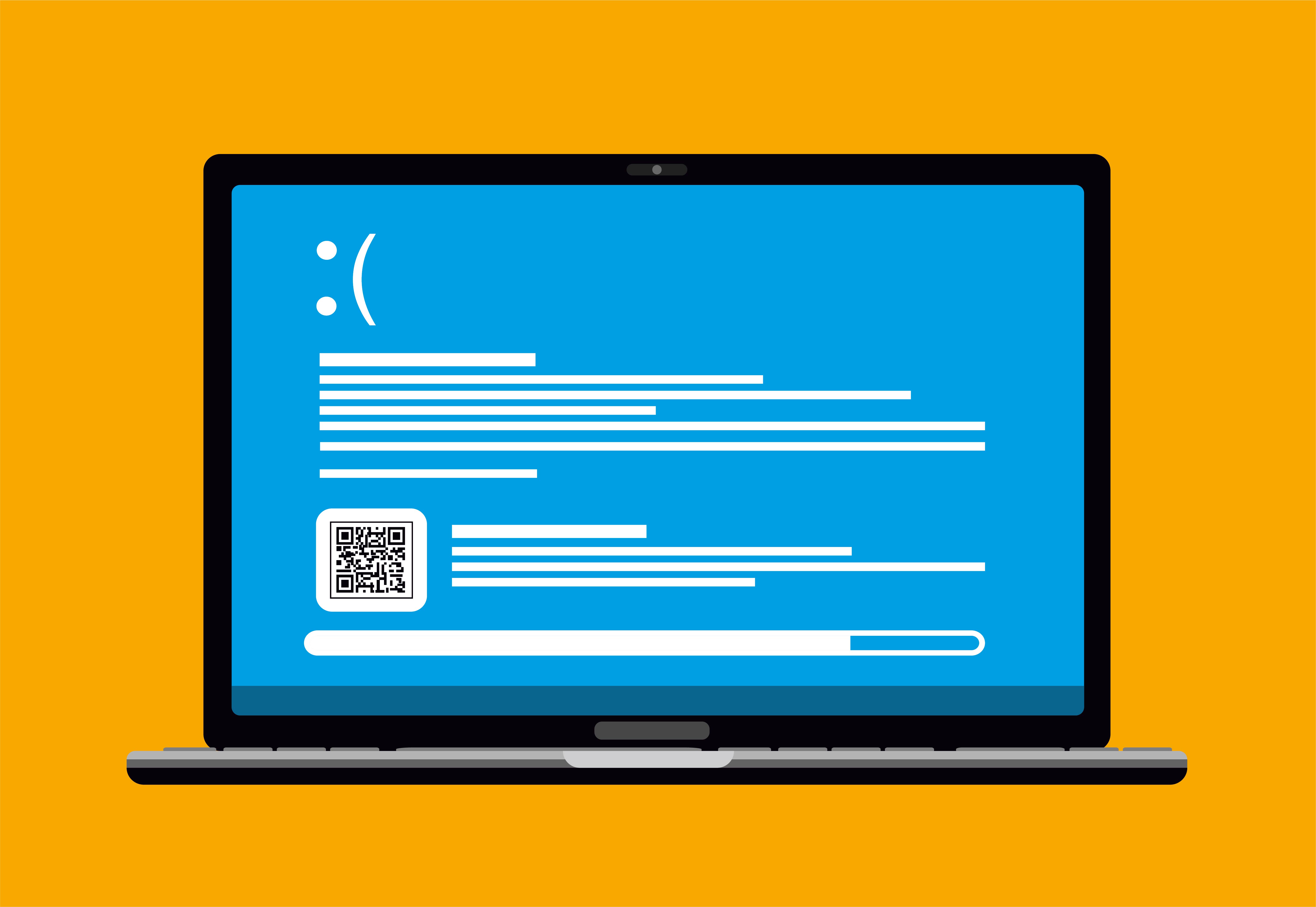 Linux Blue Screen of Death gives users a taste of the dreaded Windows feature
Linux Blue Screen of Death gives users a taste of the dreaded Windows featureNews The Linux Blue Screen of Death has been added in a recent update
By Ross Kelly Published
-
 Microsoft angers admins as April Patch Tuesday delivers password feature without migration guidance
Microsoft angers admins as April Patch Tuesday delivers password feature without migration guidanceNews Security fixes include a zero day exploited by a ransomware group and seven critical flaws
By Connor Jones Published
-
 Dell’s XPS 13 Plus becomes first Ubuntu 22.04-ready laptop
Dell’s XPS 13 Plus becomes first Ubuntu 22.04-ready laptopNews The device is the latest result of Dell and Canonical’s ten-year Project Sputnik, which aims to create high-end Dell systems with Ubuntu preinstalled
By Zach Marzouk Published
-
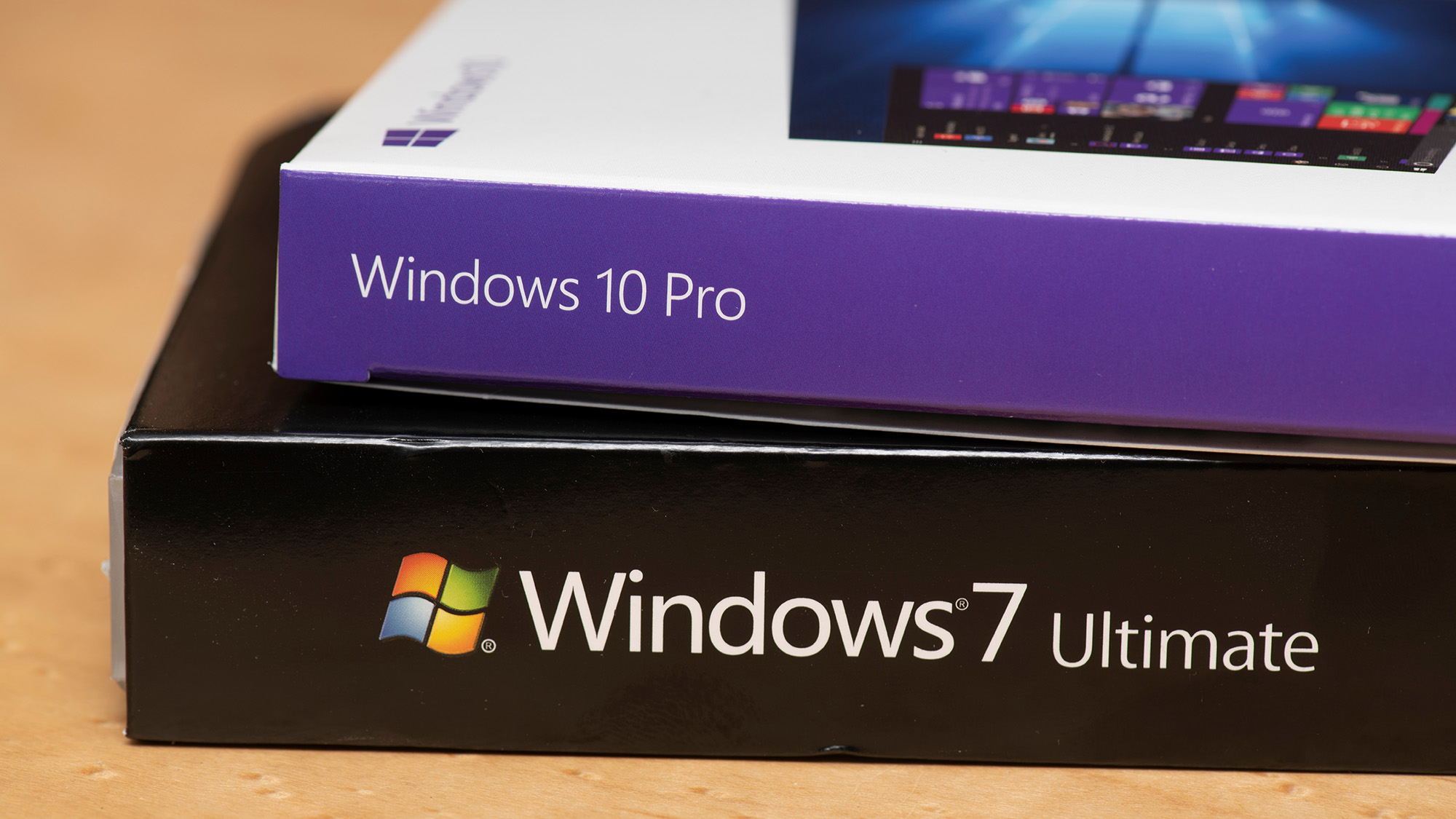 Managing a late migration
Managing a late migrationOpinion When it comes to moving from Windows 7 to Windows 10, it's better late than never
By Jon Honeyball Published
-
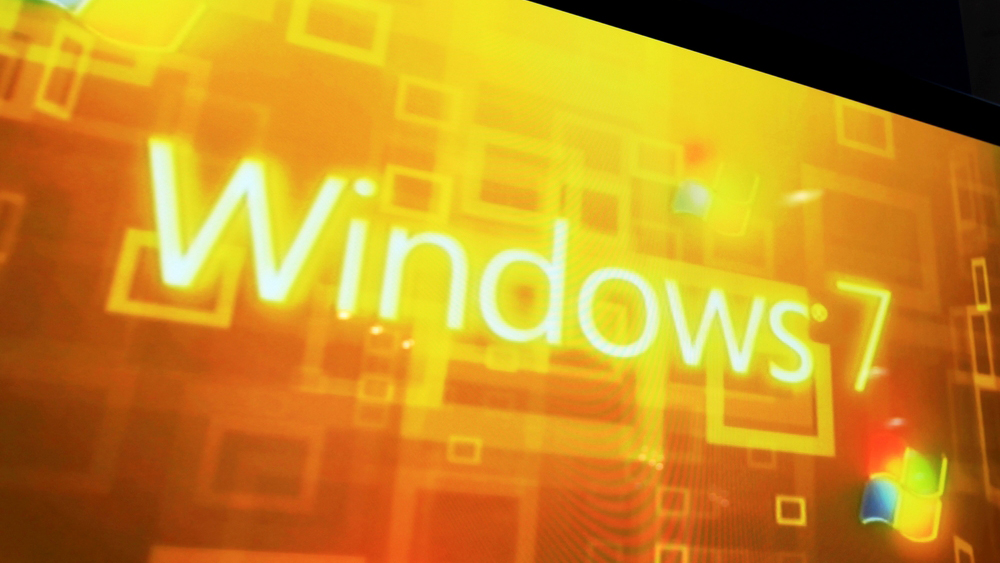 How to set up a Windows 7 emulator for Windows 10
How to set up a Windows 7 emulator for Windows 10Tutorials A complete guide for setting up a Windows 7 emulator for Windows 10 so you don’t lose access to your apps
By Nik Rawlinson Last updated
-
 The autopsy of Windows 7
The autopsy of Windows 7In-depth Report of a postmortem examination
By Chris Merriman Published
-
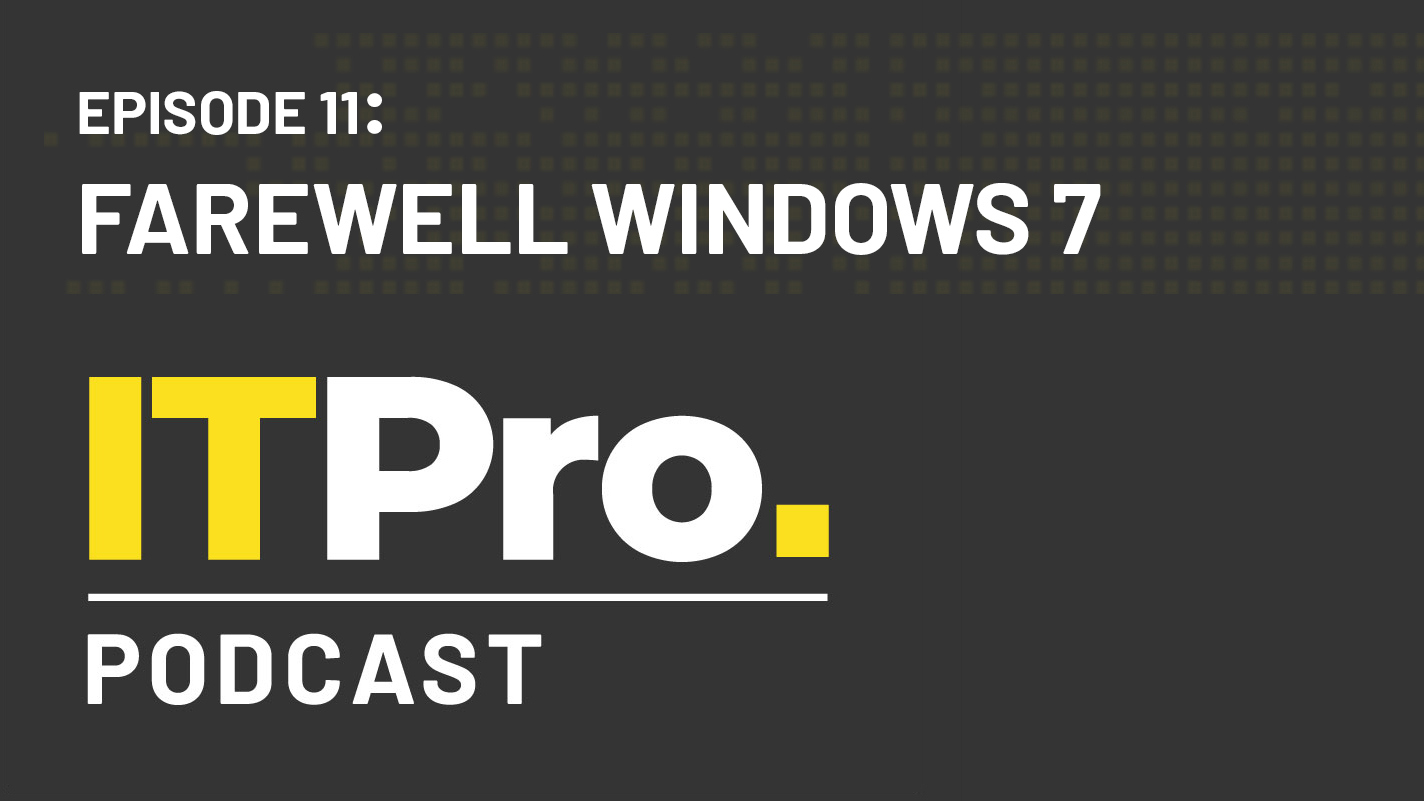 The IT Pro Podcast: Farewell Windows 7
The IT Pro Podcast: Farewell Windows 7IT Pro Podcast We reflect on the legacy of one of Microsoft's most enduringly popular operating systems
By IT Pro Published